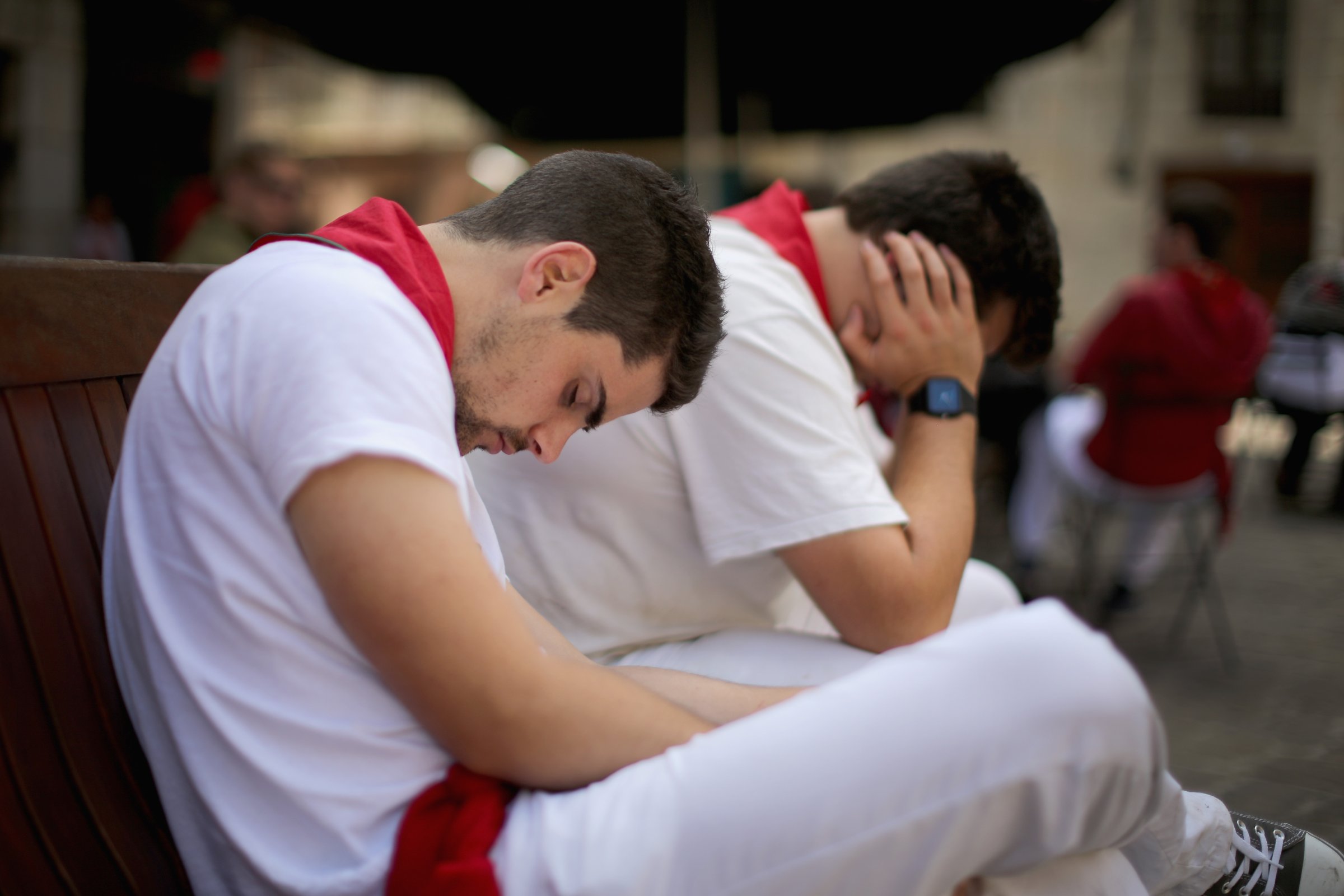
Speaking out about improving work-life balance, Spanish Prime Minister Mariano Rajoy said he wants to establish a shorter work day—a cultural change that would bring shorter lunch breaks and, by extension, alter the country’s long-standing siesta tradition.
“I will find a consensus to make sure the working day ends at 6 p.m.,” Rajoy said, the Independent reports.
Currently, it’s customary to begin work at 10 a.m. and break at 2 p.m. for a siesta for as long as three hours, ending the work day at 8 p.m.—a tradition that is at least partially attributable to an effort to escape midday heat. But some studies have shown that Spain’s productivity is lower than that of some of its European counterparts and have suggested that eliminating the siesta would improve the quality of life and raise low birth rates in the country, the Independent reported.
Rajoy also proposed bringing Spain back to Greenwich Mean Time, or turning the clocks back one hour. The Spanish leader, General Franco, matched Spain’s time to Germany in 1942 as a gesture of solidarity and it has not been changed since.
More Must-Reads from TIME
- Why Biden Dropped Out
- Ukraine’s Plan to Survive Trump
- The Rise of a New Kind of Parenting Guru
- The Chaos and Commotion of the RNC in Photos
- Why We All Have a Stake in Twisters’ Success
- 8 Eating Habits That Actually Improve Your Sleep
- Welcome to the Noah Lyles Olympics
- Get Our Paris Olympics Newsletter in Your Inbox
Write to Katie Reilly at Katie.Reilly@time.com